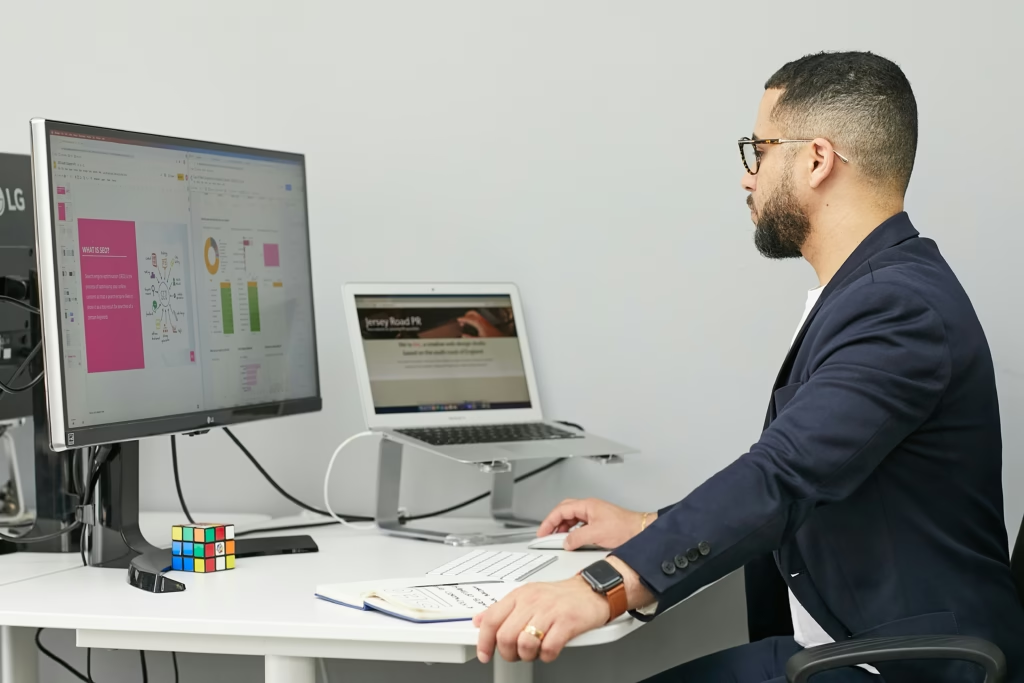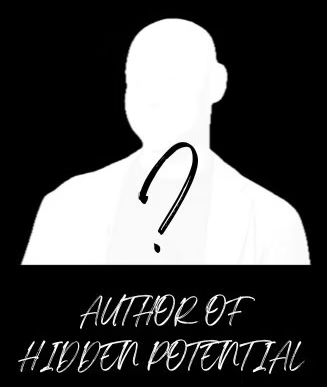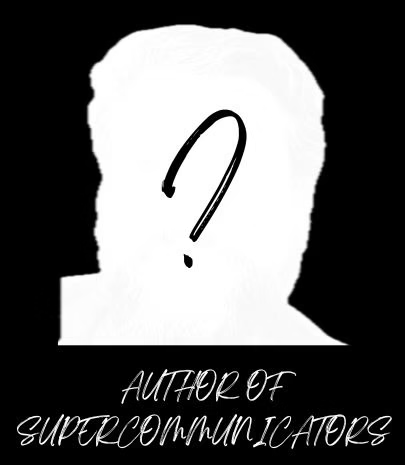I began my career as a composer, writing music for short films. My dream was to go to Hollywood one day and help make the movies I loved. However, it was challenging. I was shy, unsure how to communicate my value and unable to make consistent income. I decided to pivot to data – a field that didn’t require me to go back to school for another expensive degree, and I could try to learn everything on my own and make a decent income. But with little work experience and a background in music, why would hiring managers give me a chance?
Surprisingly, they were actually more than willing to consider me for employment. Since I pivoted, I got a data journalism fellowship at the U.S. Department of Transportation and data visualization/business intelligence roles at top Fortune 500 companies like Humana and Fannie Mae. Now, I run my own business in which I consult and train on data storytelling.
This is the story of how music gave me an edge and made my data career a unique success.
Creativity
To get my first fellowship, I learned all the technical skills on my own. I watched hour after hour of online tutorials and used what I learned to build a portfolio of projects.
After months of repetition and rejection, I finally landed an interview at the U.S. Department of Transportation. To stand out, I went beyond crunching numbers and turned data into creative visualizations.
Thanks to my musical training, I had an intuition around building graphs that made their insights clear, even to nontechnical audiences. I was hired because that creativity and ability to simplify complex concepts were exactly what the hiring committee was looking for.
Storytelling
After receiving additional guidance during my fellowship and securing my first full-time role as a senior data visualization engineer, I realized music gave me another advantage. It helped me as a storyteller.
Throughout my time in tech, I watched stakeholders ignore dashboards and gloss over slide decks because they were overwhelming dumps of numbers and stats.
I realized that the way to inspire action was treating data more like music. Like movies that start with a bang and hold your attention with pacing, emotion and character, data presentations could be the same way. I held stakeholders’ attention and persuaded them to share my concerns by connecting data to human impact and showing how it tied to business strategy.
Data storytelling was the ingredient for success in every role I held, and I decided to start my own business to share that knowledge with companies around the world.
Public Speaking
My previous business as a composer was not a success, and I wanted to make sure I learned from my mistakes. I worked on my communication and built my personal brand as a public speaker at international conferences.
I realized music had one last gift to give. As a performer, I was acutely aware of how to inspire people to listen, how to pull them in and give them something to remember.
I used those same techniques as a presenter, eventually being accepted to give the biggest talk of my career on the TEDx stage. During the talk, I shared my realization that music wasn’t a liability. It was actually my greatest asset. With its unique transferable skills, I was able to become a confident speaker, storyteller and entrepreneur. And I still get to write music every single day – just with numbers instead of notes and spreadsheets instead of symphonies.
Summary
In today’s fast-moving world, it’s the human skills that remain vital to data career success – because it is those skills that let your technical work be understood and have tangible, memorable impact.
This article was originally published in OR/MS Today on July 22, 2025
Check out these related articles on how to develop strong communication skills as a data professional:
Speaking Skills:
- How to Overcome Fear of Public Speaking
- What to Say When You Don’t Know the Answer: 3 Techniques
- 3 Steps to Disagree Respectfully at Work
Slide Design:



